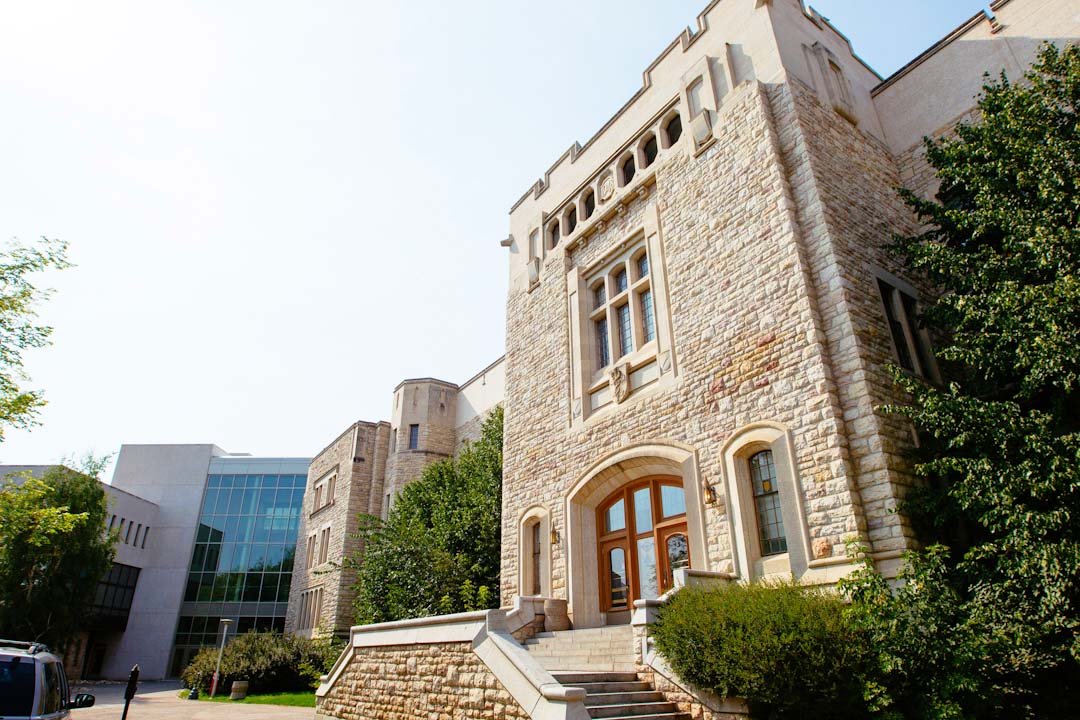
Indigenous wellness learning at USask supported by CMA and SMA
University of Saskatchewan (USask) fourth-year medical students will be able to take the national award-winning Indigenous wellness online course, The Role of Practitioners in Indigenous Wellness, at no cost with the generous support of the Canadian Medical Association (CMA) and the Saskatchewan Medical Association (SMA).
The course was developed by the divisions of Continuing Medical Education (CME) and Continuing Education in Rehabilitation Science (CERS) at the USask College of Medicine, with assistance from the Canadian Medical Protective Association, and significant involvement of the Federation of Sovereign Indigenous Nations (FSIN) in the course content.
According to FSIN Vice Chief David Pratt, the FSIN Cultural Responsiveness Framework (CRF) was developed in 2013 to address systemic racism that exists within the Saskatchewan health-care system. Since 2014, the FSIN has been working collaboratively with CME and CERS on how to integrate the CRF into the USask Indigenous wellness course.
“Conceptually, this course is designed to move mainstream health practitioners into a ‘middle ground’ space through increased cultural awareness and understanding—and from this place of understanding, have individuals and work units commit to meaningful, culturally responsive changes that will make their workplace more culturally respectful and safe for Indigenous people,” said Pratt. “The expectation would be that the more individuals who take this course, the greater the potential there is for affecting meaningful, substantive, systemic change that will combat the racism that continues to exist in the mainstream health system.”
The CMA and SMA will provide $25,000 per year for the next three years for a total contribution of $75,000—which means that all members of the USask medical doctor classes of 2021, 2022 and 2023 will be able to take the training. There are about 100 students in each year of the MD program and the course costs $250 per individual.
“Education plays an important first step towards eliminating systemic racism in our health-care system,” said Dr. Ann Collins, CMA president. “Therefore, we are thrilled to support this initiative and provide essential training for the future of our profession so that we can deliver culturally safe and informed care to Indigenous patients.”
The course, which earned a 2019 Award of Excellence from the Canadian Association for University Continuing Education, provides important cultural and historical understanding of Indigenous peoples. It will support these students in delivering culturally safe and better-informed care to Indigenous patients, which will be very valuable to them and their patients as they move into residency programs and then into medical practice.
“The SMA is pleased to support the online Indigenous wellness course,” said Dr. Barb Konstantynowicz, SMA president. “Our medical learners today will be the leaders of tomorrow and carry on the work of equity, diversity and inclusivity. They will be better prepared to apply the knowledge they gain from this course into their future practices and provide culturally sensitive care to Indigenous populations.”
The course is suitable for health-care professionals (e.g., physicians, nurses, clinicians, physical therapists, etc.) who directly support Indigenous people as part of their patient population. Enrolment is open to health-care practitioners across Canada. The content was created by Indigenous community members and scholars, some of whom are the online instructors. It is designed from an Indigenous world view, delivered through the voices and stories of leaders in Indigenous health care. Upon completion, health-care practitioners will be equipped with the knowledge and insights to employ an interdisciplinary approach in understanding and supporting Indigenous patients.
“Our college sincerely thanks the CMA and SMA for this support,” said Dr. Preston Smith, USask dean of medicine. “Providing this important component of education to our students during their medical doctor program is a significant step on our shared path of improving Indigenous health in our province and nation.”
